Healing Touch: The Benefits of Massage Therapy, Craniosacral, and Sound Healing for Men with Prostate Cancer (Copy)
Prostate cancer is a significant health concern for men worldwide, with approximately 1 in 8 men diagnosed during their lifetime. It's a diagnosis that can bring physical and emotional challenges. While traditional medical treatments play a crucial role in prostate cancer management, complementary therapies, such as massage therapy, craniosacral therapy, and sound healing, have gained recognition for their potential benefits in improving the well-being of men with prostate cancer. In this blog post, we'll explore how these therapies can provide comfort and relief during a challenging journey.
Understanding Prostate Cancer
Before delving into the benefits of massage therapy, craniosacral therapy, and sound healing, let's briefly understand the basics of prostate cancer. The prostate is a small gland located below the bladder and in front of the rectum, and its main function is to produce seminal fluid. Prostate cancer occurs when abnormal cells develop in this gland, which can lead to various symptoms and complications.
The Challenges of Prostate Cancer
A prostate cancer diagnosis can be emotionally and physically overwhelming. Common treatments include surgery, radiation therapy, chemotherapy, hormone therapy, or a combination of these. These treatments may cause side effects like fatigue, pain, anxiety, and depression, impacting a patient's overall quality of life. This is where complementary therapies come into play.
The Role of Massage Therapy
1. Pain Management: One of the primary benefits of massage therapy for men with prostate cancer is pain management. Prostate cancer treatments can lead to discomfort, soreness, and muscular tension. A skilled massage therapist can apply gentle pressure and soothing strokes to alleviate these discomforts, promoting relaxation and pain relief.
2. Stress Reduction: Massage therapy is renowned for its stress-reducing properties. Men with prostate cancer often experience high levels of stress and anxiety due to the uncertainty surrounding their condition. Regular massages can help lower stress levels, improve sleep, and enhance overall emotional well-being.
3. Improved Circulation: Massage therapy can also enhance blood circulation, which is vital for individuals undergoing cancer treatments. Improved circulation can help in reducing inflammation, promoting healing, and increasing the effectiveness of cancer therapies.
The Benefits of Craniosacral Therapy
Craniosacral therapy is a gentle, hands-on approach that focuses on the central nervous system. For men with prostate cancer, this therapy offers several advantages:
1. Pain Relief: By manipulating the craniosacral system, this therapy can help reduce pain and discomfort associated with prostate cancer and its treatments.
2. Enhanced Relaxation: Craniosacral therapy promotes deep relaxation, reducing stress and promoting a sense of calm during a challenging time.
3. Emotional Support: This therapy can also provide emotional support, helping patients cope with anxiety, depression, and emotional distress that often accompany a cancer diagnosis.
Sound Healing and Its Benefits
Sound healing is a holistic therapy that utilizes the vibrational qualities of sound to restore balance to the mind and body. Here's how it can benefit men with prostate cancer:
1. Stress Reduction: The soothing sounds and vibrations used in sound healing can help reduce stress and promote relaxation.
2. Pain Management: Certain sound frequencies can help alleviate pain and discomfort, providing relief to patients.
3. Emotional Well-Being: Sound healing can have a profound impact on emotional well-being, helping individuals cope with the emotional challenges of prostate cancer.
Integrating Complementary Therapies
It's important to note that complementary therapies should be integrated into a comprehensive cancer care plan and used in collaboration with conventional medical treatments. Always consult with a healthcare provider before starting any complementary therapy, and work with qualified practitioners who have experience in treating cancer patients.
Conclusion
Men with prostate cancer face a multitude of challenges, and complementary therapies like massage therapy, craniosacral therapy, and sound healing can offer significant benefits. These therapies provide physical relief, emotional support, and an overall improved quality of life during a difficult time. While they should not replace traditional cancer treatments, these holistic approaches can be a valuable addition to a comprehensive care plan. The journey through prostate cancer is undoubtedly tough, but with the right support, there is hope for healing and well-being.

